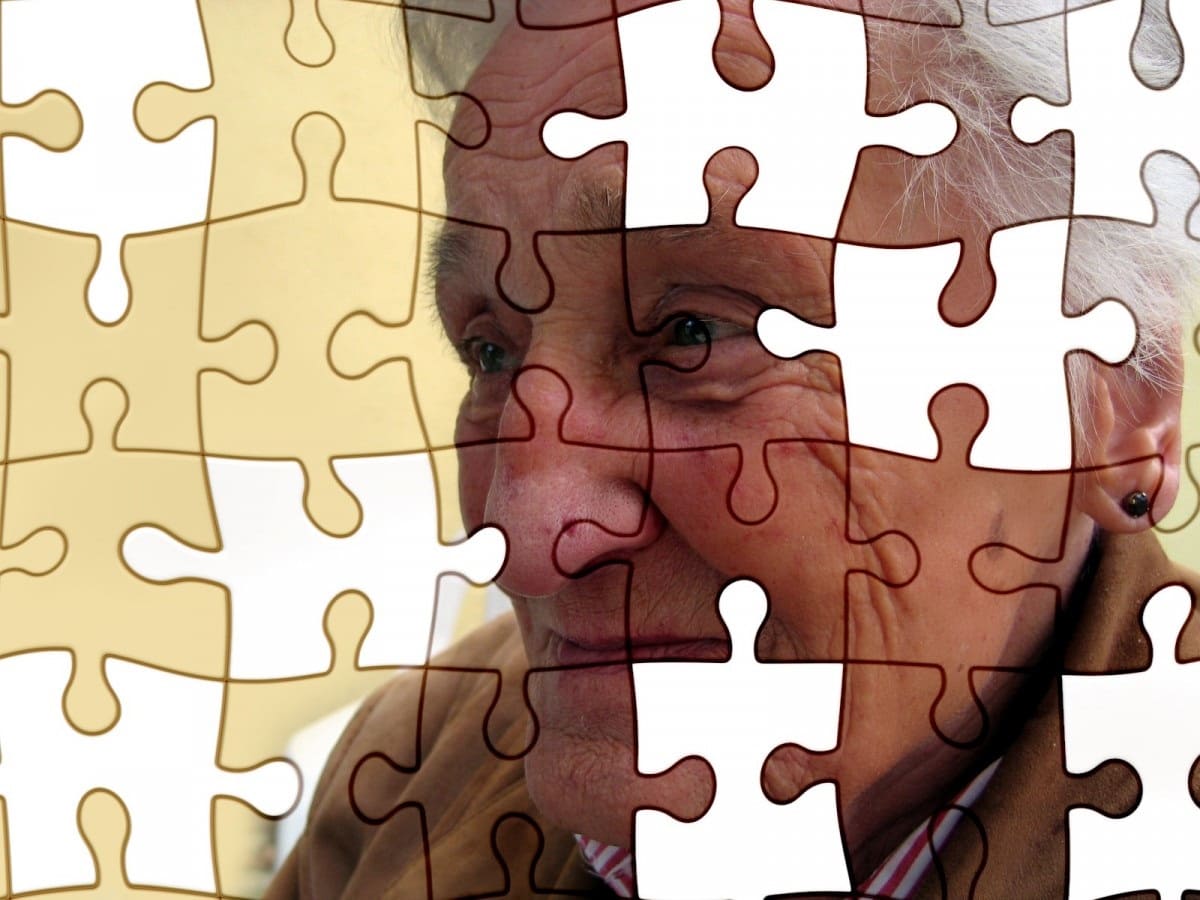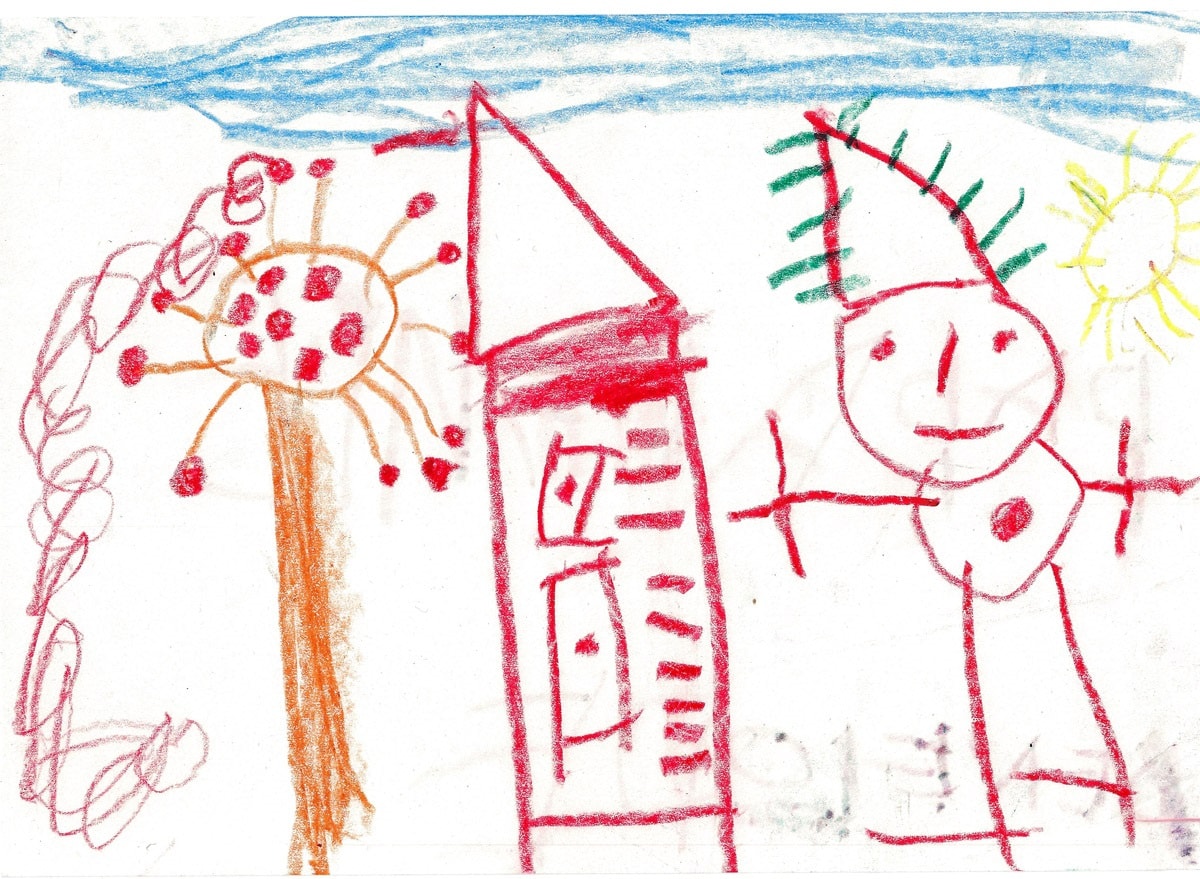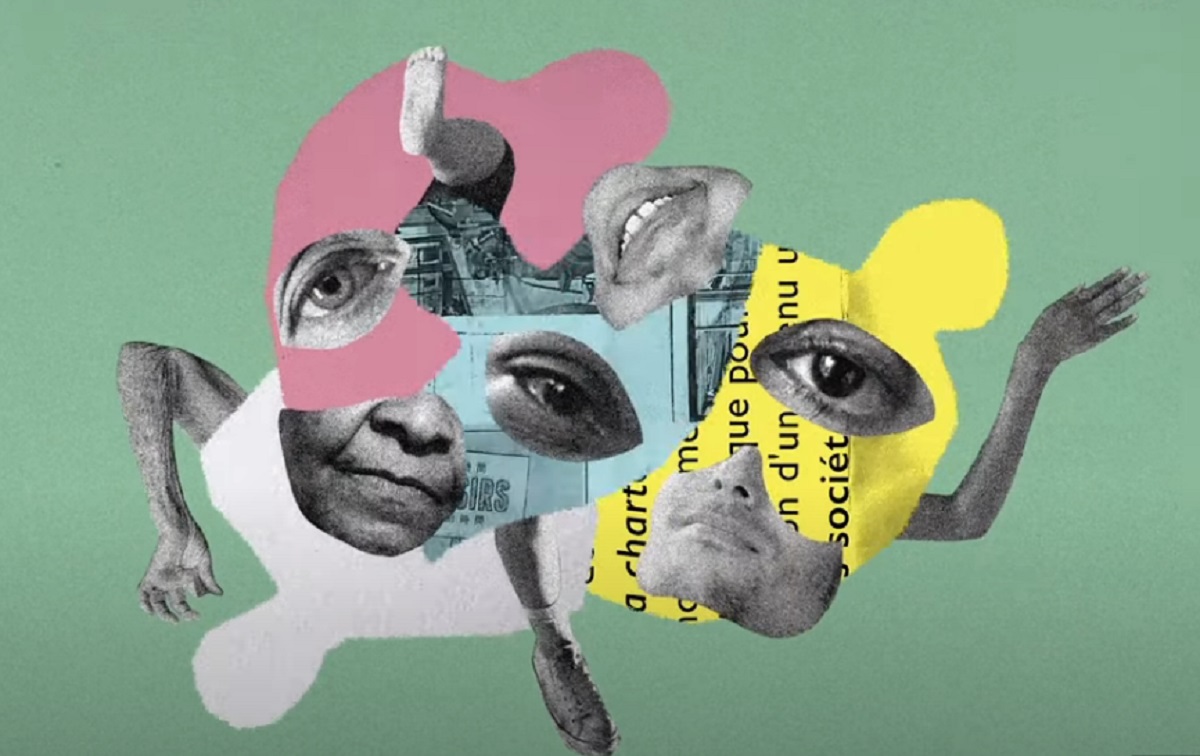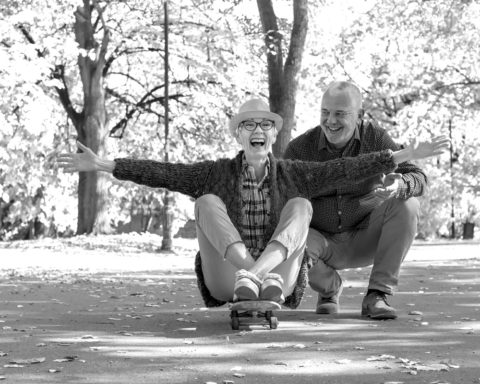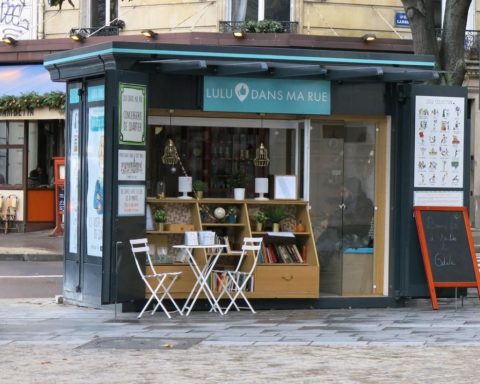In the face of Emmanuel Macron's statements on the continuation of containment as of Monday, May 11, for the "...". elderly, severely handicapped" and the " people with chronic diseases", the polemic highlights a kind of anti-old social segregation, which is particularly unacceptable. A salutary step backwards by the President of the Republic calls for the "individual responsibility" of each person, insisting on drastic prevention aimed at this "fragile public", as the Minister of Health, Olivier Véran, indicated on Sunday 19 April. But what do these measures of social isolation tell us about our contemporary society?
FREE TRIBUNE
Journey to the end of containment
The current pandemic has had its share of controversies, but the most recent one, the extension of the confinement of the elderly, has had something of a dizzying effect and has questioned us to our very core.
As always, the form is meaningful; in this case, it was particularly brutal. One would have expected an argumentation, a concerted decision-making process on such a subject. Instead, there were abrupt statements, those of Ursula von der Leyen, the President of the European Commission, of Professor Delfraisssy, President of the Scientific Council covid-19 of the President of the Republic, declaring that the elderly should be confined until a vaccine is found.
A European official, an expert, is not in charge of a government. Yet the fate that must be reserved for the elderly is eminently political since it questions the ultimate foundations of our civilisations: to decide to exclude part of humanity from human life is unfathomably profound. The reactions, which caused the Elysée Palace, which now talks about voluntary work, to back down, have fortunately refocused the debate.
The best French specialists on ageing, Marie de Hennezel, Serge Guérin, a personality like Axel Kahn, have used strong words such as "stigmatization of senior citizens who are thought to no longer contribute to society", "generational apartheid", "unconstitutional and discriminatory measure". What do these reactions and all the others have in common? Whether or not to keep older people in society is a societal, philosophical and political decision, and should not be treated with the technocratic coldness that is gradually invading our societies.
The invention of the generational divide
This episode was part of a much longer sequence, in France and around the world, of the continuous disengagement of older people from the functioning of our modern societies. In France, the various measures taken since the election of Emmanuel Macron, such as increasing the CSG (French social security contribution) by 1.7 % on pensions and capping the revaluation of pensions at 0.3 %, were the economic translation of two major ideas:
- The priority given to production, therefore to work. Pensioners, by their very nature, must therefore be called upon to contribute;
- The intergenerational compensation between pensioners, who are supposed to have been privileged by full employment, and the increase in public debt.
Beyond the economic aspect of these measures-which can be discussed but has its logic, what has emerged on this occasion is the slow rise of a certain partition between generations. Statements such as "Today's retirees are part of a golden generation! And if they've worked all their lives, that's not enough of an argument *" are a little, new music that has begun to make itself heard.
In the world, the expression " OK Boomer "echoes back to him. It has become emblematic of a new divide that humanity is inventing: the post-war generation, born between 1946 and 1964, would be accountable for destroying the planet, putting countries into debt, in short, forging a bleak future for the next generations through its greed and recklessness. The Greta Thunberg phenomenon says no different.
The inclusion of older people as a marker of our civilization
How can we think of this unprecedented situation? In the end, it is quite consistent with the foundations of our modern societies. We have built an entire civilization based on the mode of the permanent project, not an attempt to accomplish itself, but a will to surpass itself perpetually, in a constant tension towards the future, which is supposed to be the unique bearer of positive values.
Being a senior citizen means both having less time ahead of you and no longer being in the world of work. Thus, the older we get, the less we correspond to what our societies demand, to their profound identity. What we are observing is the casualness of the debate on extending the confinement of older people, Okay, Boomer, are only symptoms of a deep movement, of plate tectonics that is slowly but surely fragmenting the generations between them.
There is a lot at stake in a world that is going to have more and more elderly people. We have, in the past, found the resources within us to move from situations of exclusion to more inclusive dynamics. This has been the case, at least in part, at least in terms of skin colour, gender equality....
What are seniors called? Of the humanity that we want to build, which will be meaningful only if solidarity between generations remains what it has always been, if we are able to overcome the generational divide that is gradually taking hold. The face of an elderly person is our face, it is the reflection of our humanity, it is the reflection of the way we want to exist, it is the name of the civilization we will build.
Dominique Boulbès, president ofRoyal Independence
*Eric Alauzet, deputy of the Doubs, March 2018

